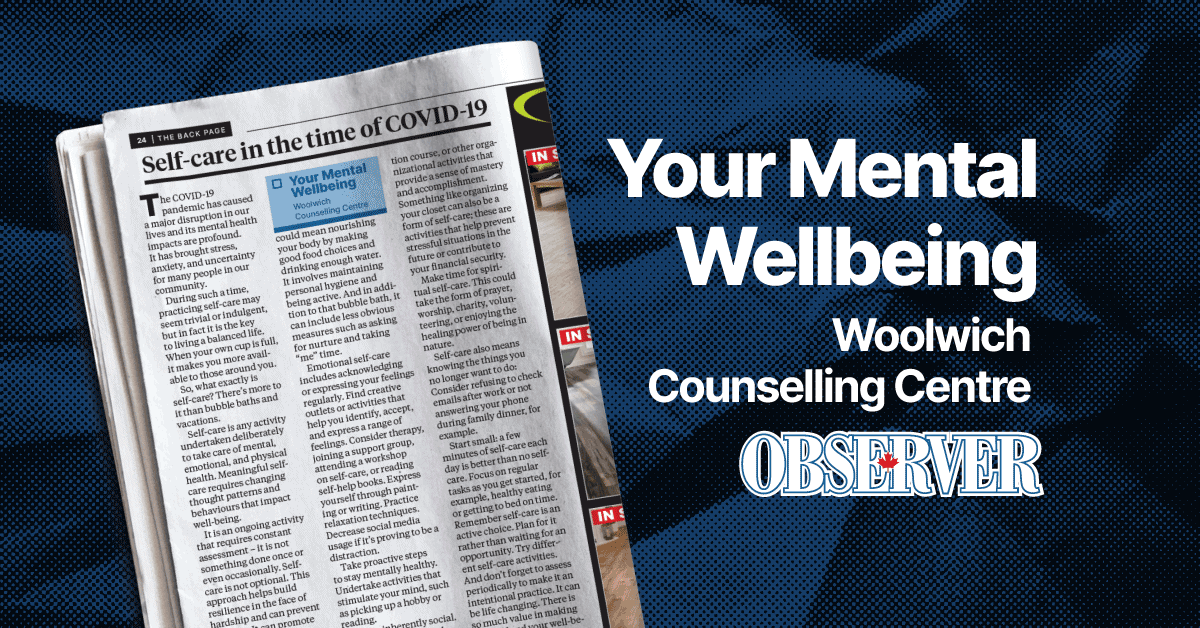;
;
;

Emotions make us human. When we interpret them well, they can serve as our guideposts. Emotions provide useful information: Feeling angry may indicate our boundaries have been violated or our needs have not been met. Disappointment lets us know what is important to us. A common defence mechanism can
Last updated on May 03, 23
Posted on Feb 16, 23
2 min read
